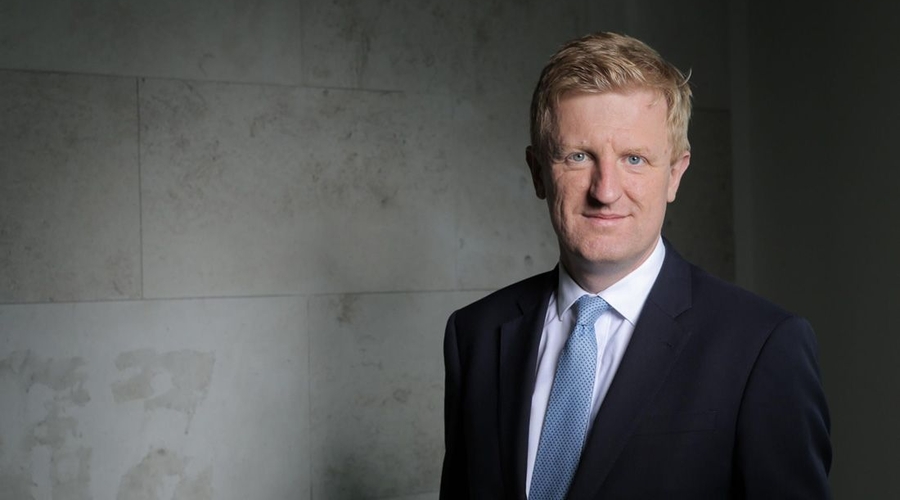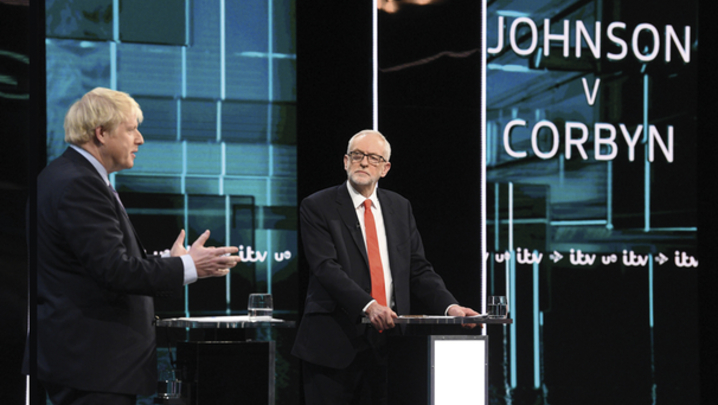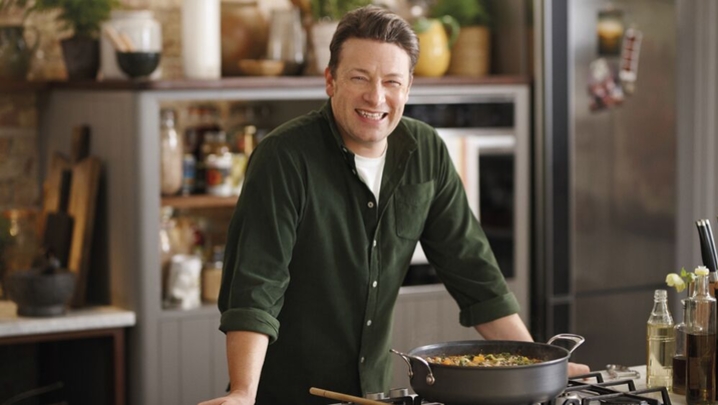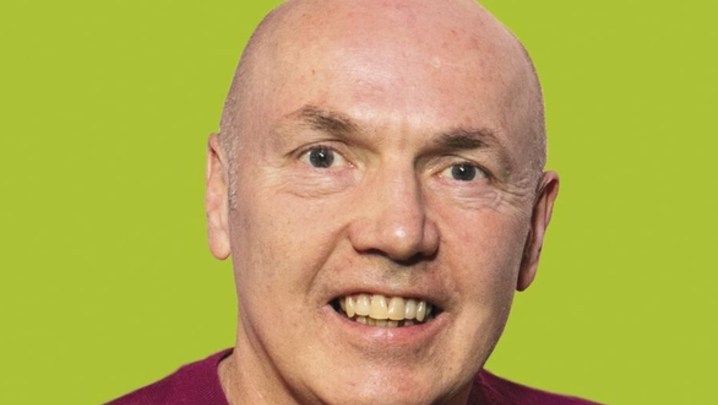As a Government review of public service broadcasting starts, Torin Douglas weighs the key issues that will be debated
Google the words “public service broadcasting” and you’ll see that the first few links relate to a well-known band that has played at Glastonbury, the Royal Albert Hall and Brixton. Its first album was called Inform – Educate – Entertain.
Only after that will you find links to Ofcom’s page on public service broadcasting and the Government’s new Public Service Broadcasting Advisory Panel.
As the DCMS opened its review into the future of PSB, an intriguing thought occurred. In years to come, might Public Service Broadcasting – the band – be better remembered than the original concept of PSB and Lord Reith’s pithy summary of the BBC’s purpose?
Already, key players who will be involved in the review are distancing themselves from PSB’s traditional terminology.
Sir Peter Bazalgette, the Chair of ITV, wants to ditch the name PSB, “to match the age we are living in”. Giving this year’s Charles Wheeler Lecture, he said: “Even the name public service broadcasting… seems otiose. Why would you define it by its method of distribution? And how relevant is that word ‘broadcast’ anyway, when much is now narrowcast, one-to-one?”
‘The principle of prominence for PSB channels needs to be modernised’
Clare Sumner, the BBC’s director of policy, has called for a “change of mindset” towards public service broadcasting and warned against using “anachronistic” language when selling the vision to the public.
And Lord Grade, former Chair of the BBC and ITV and CEO of Channel 4, told Freeview’s “Outside the box” event in November: “We start with a blank sheet of paper… you can’t preserve the old definition of public service broadcasting in aspic. It’s a relic of the days of spectrum scarcity, when you had a BBC-ITV duopoly, and it’s absolutely due for a review.”
Grade is one of 10 “broadcasting and tech heavyweights” announced by the culture secretary, Oliver Dowden, to advise the Government on the future of PSB and what it should contribute to the UK’s economic, cultural and democratic life.
They will explore: whether current funding and governance models are fit for purpose; the impact of technology on audience habits; the financial sustainability of broadcasters; and the structure of the TV market, including video streaming.
This month’s Ofcom report, the latest in its ongoing review of PSB, will feed into their work.
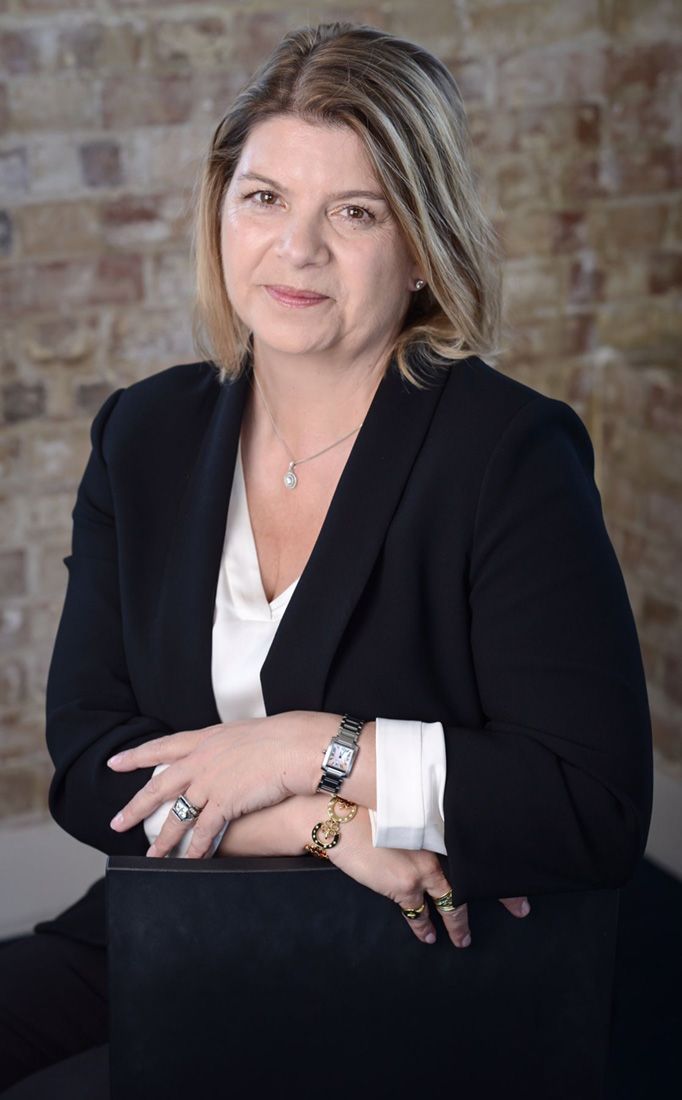
Panel members include Sophie Turner Laing, whose experience embraces big jobs at the BBC and BSkyB and running Shine Endemol, and Jane Turton, the CEO of All3Media, who previously worked in senior roles at ITV. Also on the panel are John Hardie, the former CEO of ITN, and Samir Shah, ex-LWT and BBC head of current affairs and political journalism, who set up Juniper Productions (which makes documentaries for the BBC and Channel 4, among others). All are known to be supporters of the PSB environment.
Intriguingly, another member of the panel is Facebook vice-president Nicola Mendelsohn CBE.
However, the former Labour minister Lord Blunkett strongly criticised the panel’s make-up in a letter to the Financial Times: “Two of the panel had senior jobs as advisers to previous Conservative prime ministers. Baroness Bertin, a senior adviser at BT, was press secretary to David Cameron. Robbie Gibb was a former director of communications at No 10 for Theresa May. Andrew Griffith, another panel member, is a sitting Tory MP and a former chief operating officer at Sky Group.”
Lord Grade, himself a Conservative peer, defends the selections: “Along with Oliver Dowden and [culture minister] John Whittingdale, we’ve got a seriously qualified panel and, hopefully, we will come up with pragmatic and long-lasting solutions and redefinitions.”
On the political front, some in broadcasting have taken comfort from the departure of Dominic Cummings, who has led “the war against the BBC”, according to Patrick Barwise of London Business School and social analyst Peter York in a new book of that name.
And those outside the PSBs “club” maintain that you don’t have to hold a PSB licence to be of service to the public. Sky says it produces original British drama, comedy, entertainment, documentaries and children’s programmes and claims the scale of its contribution is comparable to some PSBs. Sky News and Sky Arts are both free to air and, in 2020, it won 12 Baftas including for Chernboyl, the most awarded show, in a single year.
The panel of experts will not advise on the level of the licence fee, but it is expected to discuss the sustainability of the licence and what, if anything, might replace it – as well as the BBC’s size and scope. Grade said last month that the BBC’s expansionist tendencies must be curbed and it should redefine its basic purpose and think how it can reduce the range of its activities.
For Grade, the key PSB issue is “the supply of British programmes made by British producers with the British audience in mind – that is absolutely essential to keeping us in the forefront of exporters of British content”.
Another is the funding and regulation of trusted news, and who should provide it, in an age of unlimited channels and “fake news”. At the Freeview event, he said that the licensing of news providers “seems a relic of a bygone patrician age – I don’t see why we should not have a Daily Mail news channel with its point of view, or that of the FT.”
Grade is also worried about Channel 4, which he ran for nine years, as ministers put privatisation back on the table. So, too, is Mark Thompson, another former C4 CEO, who says it faces real difficulties unless it can harness its “potentially ground-breaking global digital brand”.
David Elstein, former Thames TV and Sky TV head of programming and Channel 5 CEO, is a long-term proponent of subscription for the BBC. He favours a much more radical approach and says “PSB is not just about UK content, but the provision of specific types of output that the market cannot supply, either at all or in the desired volume. It needs a strategic authority, guaranteed funding, and a three- to five-year plan. It needs all content providers to be invited into the ring, to optimise the outcomes.”
Two other issues are “existential” for the PSBs, according to Peter Bazalgette. He says: “For the BBC to continue to do what it does, it needs hypothecated funding. By all means, debate its size and responsibilities and the method
of funding – a licence fee, a household levy, general taxation… all [are] possibilities. But, without a dedicated funding stream, it will wither and die.”
The second affects all PSB organisations, he says: “In the future, the internet will be the main means of TV distribution, via a small number of dominant, foreign-owned platforms. From their home screen, how far will you have to dig to find any mention of BBC iPlayer, ITV Hub or All 4?
“The principle of prominence for PSB channels needs to be modernised to apply to all the new gatekeepers. They should have to carry the PSB services, give them prominence and pay fair value for all the viewers the PSBs attract to their platforms.”
This argument was amplified in an article in The Times co-written by the BBC’s Director-General, Tim Davie; the chief executives of ITV and Channel 4, Carolyn McCall and Alex Mahon; and Maria Kyriacou, President of Channel 5’s owner, ViacomCBS UK. “It is fundamental to public service broadcasting that it should be available to everyone, however they choose to consume TV content in the digital age” they wrote.
“Prominence” and “universality” are also two of Voice of the Listener and Viewer’s top concerns – but these terms highlight the need to update the “anachronistic” language of PSB. Sally Osman, who led communications at the BBC, Sky, Channel 5 and Buckingham Palace, says: “‘Universality’ doesn’t mean anything to most people. We need a new language to talk about the BBC and PSB, which actually resonates not just with us in the business but with everyone who pays the licence fee and loves programmes.”
Peter Bazalgette says: “The best replacement I’ve come up with for PSB is ‘critical social content’, or CSC. You can probably do better, but we do need a rebrand here.”
If you can do better, please let him know – the future of PSB is in the balance.

